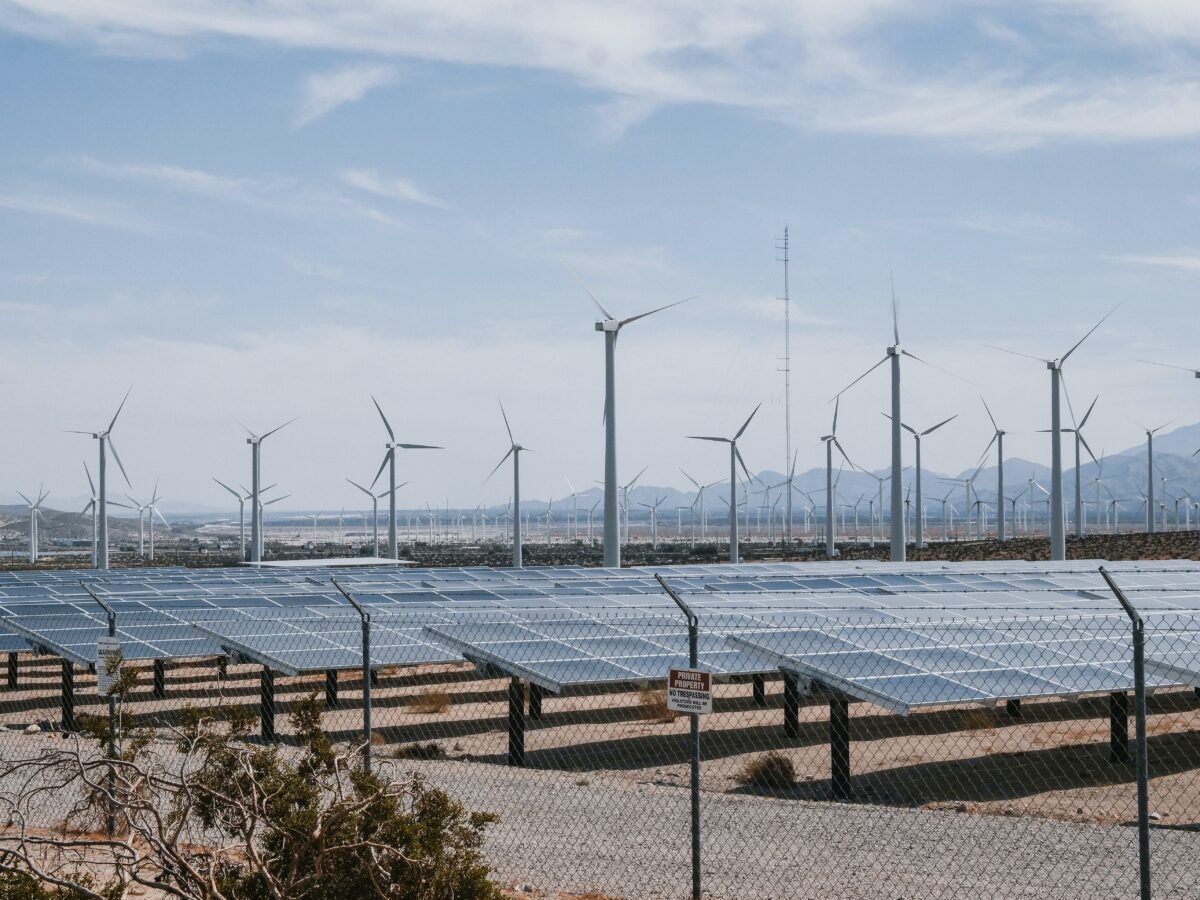The federal government should set course to cut national emissions by well over 70% by 2035, compared to 2005 levels, according to a Carbon Market Institute (CMI) submission to the Climate Change Authority, released on Friday.
The comprehensive CMI submission suggests policies, and in some cases potential new market schemes, that could help to incentivise ambitious and necessary decarbonisation action across the economy.
The submission urges the government to consider expanding the reach of the Safeguard Mechanism under a staged approach so that it progressively applies to all facilities emitting more than 25,000 tonnes of greenhouse gas annually, instead of just those emitting at least 100,000 tonnes in a year.
A lower Safeguard threshold would align with the existing 25,000 tonne threshold that applies under the federal NGER emissions and energy reporting scheme, CMI points out.
CMI also suggests future adjustments to rules regarding the use of Australian Carbon Credit Units (ACCUs) for Safeguard compliance purposes, so that ACCUs must be no more than five years old to be used to help meet Safeguard limits.
“The federal government has made important progress in establishing some key foundational policy frameworks,” said CMI acting chief executive Kurt Winter.
“These include the Safeguard reforms, the commissioning of the Chubb Review into the ACCU scheme and the delivery of an action plan to implement its recommendations, work on an energy productivity plan, and the release of an electric vehicle strategy,” Winter said.
“But we are in an urgent race to net zero and beyond, so it’s important to rapidly build on these achievements,” he said.
“We need to commit to cutting emissions much deeper by 2035, and to taking decarbonisation action more widely across the economy,” Winter said.
“Carbon markets will have an important supporting role to play in these efforts, but the primary focus should always be on at-point emissions reduction,” he said.
To broaden the reach of decarbonisation efforts, the CMI submission suggests that the government examine the merits of a special jet fuel emissions trading scheme for all domestic airlines, complemented by targeted government co-investment.
“This could encourage the uptake of sustainable aviation fuel among all domestic carriers,” Winter said.
The government should also consider a liquid fuel emissions trading scheme for heavy vehicles, which would encourage the uptake of renewable diesel and ‘drop-in’ biofuels for use in older vehicles, he added.
The Carbon Market Institute also suggests:
- Considering measures to guide deeper structural transition – such as through a regulated, planned approach to phasing out fossil fuels – done in a way that ensures businesses remains globally competitive and the interests of workers and communities are supported.
- Using government purchasing of ACCUs to strategically support projects that rely on emerging technologies such as carbon removals, or that have social and environmental co-benefits, or that partner with First Nations groups.
- Introducing an EU-style Carbon Border Adjustment Mechanism (CBAM) to protect the competitiveness of Australian industry.
- Evolving the government-run Climate Active program so that it more closely aligns with net-zero best practice guidance, while still encouraging companies to utilise carbon credits to address their emissions whilst they pursue science-aligned interim decarbonisation targets.
- Making sure that voluntary action taken by companies and other organisations may be claimed as additional to Australia’s international emissions reduction commitments, mitigating the risk of double counting where companies face compliance obligations.
- Developing a National Carbon Market Strategy, which would provide important guidance on the evolution of carbon and nature markets, and on Australia’s participation in international carbon trading initiatives.
- Developing a clear strategy for the agriculture sector, carefully balancing the sector’s own net zero transition alongside the opportunities for it to support the broader economy transition through sequestration.
- Facilitating consistent ways to report scope 3 emissions through NGER and Australia’s mandatory climate disclosure framework.
- Incorporating transition planning guidance into Australia’s mandated climate-related financial disclosure framework to guide high integrity outcomes.
“These are measures that could potentially deliver deep cuts in emissions while also boosting long-term national prosperity,” Winter said.
The CMI’s submission is in response to a multi-pronged Climate Change Authority consultation instigated as part of the Authority’s review of the NGER scheme and the Carbon Farming Act.
The consultation process will also be used by the Authority to prepare its 2023 progress report to the federal government, and to help develop its advice on a 2035 national emissions target.
CMI’s Submission to the Consultation can be viewed here.
About the Carbon Market Institute
The Carbon Market Institute (CMI) is a member-based institute accelerating the transition towards a negative emissions, nature positive world. It champions best practice in carbon markets and climate policy, and its over 150 members include primary producers, carbon project developers, Indigenous organisations, legal, technology and advisory services, insurers, banks, investors, corporate entities and emission intensive industries. The positions put forward constitute CMI’s independent view and do not purport to represent any CMI individual, member company, or industry sector.
For further information, contact Kurt Winter, Director Corporate Transition, Acting CMI Chief Executive
+61 424 320 909
kurt.winter@carbonmarketinstitute.org


